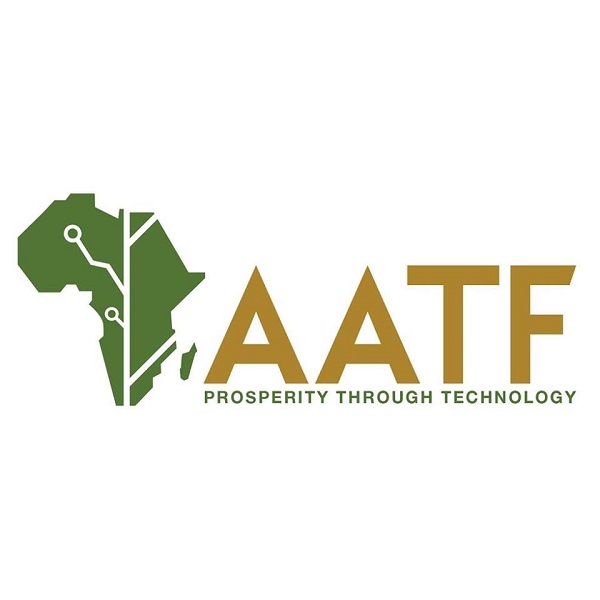
The African Agricultural Technology Foundation (AATF) has reiterated its commitment to not renege on its promise of improving farmers’ livelihoods through innovative agricultural technologies that will improve incomes, food and nutrition security in sub-Saharan Africa.
The AATF director of programme development and commercialisation, Dr Emmanuel Okogbenin restated the commitment during the training programme organised to equip seed companies with the necessary skills to undertake dry season cowpea production in Kaduna.
Okogbenin assured that the foundation will continue to promote agricultural innovation through public-private partnerships and advised the seed companies to take advantage of dry season production to complement wet season production which will ensure the adequate supply of PBR cowpea seed to farmers. He also noted that farmers have been educated on the benefits of the product and they are waiting anxiously for more certified PBR cowpea seeds from seed companies.
He appreciated the Institute for Agricultural Research (IAR) for the collaboration which produced the PBR cowpea.
In his remarks, the executive director of IAR, Zaria, Prof. Ishiyaku Mohammed commended the collaboration with AATF that led to the development and release of Nigeria’s first genetically modified crop.
“Nigeria is now a reference point in areas of biotechnology products in Africa and we must continue to scale up production of this technology to make it available to farmers.
“The Pod Borer Resistant Cowpea is a classic example of how technology can provide solutions to one of the major challenges confronting cowpea farming,” he said.
Mohammed noted that for many years plant breeders tried in vain to find solutions to the ravaging attacks of the maruca but “the collaboration between AATF and IAR led to the development of this great technology”.
He hailed seed companies as pivotal to the commercialisation of the PBR cowpea project and emphasised the need for constant capacity building. “The PBR cowpea is a huge success in the biotechnology space in Nigeria and more seed companies are eager to take up the product. There are testimonies from farmers in terms of high yield, resistance to pod borer, improved income because of planting the PBR cowpea.”
The executive director enjoined the participants to fully take advantage of the training to build their capacity in PBR seed production. Also, he encouraged the participants to always contact AATF/IAR for further questions/clarifications.
A statement by the AATF communication officer (West and Central Africa), Alex Abutu said all the nine seed companies licensed to market the PBR cowpea attended the training which included a presentation from the regional energy advisor of the United States African Development Foundation (USADF), Dr. Seydou Traore, amongst others.


